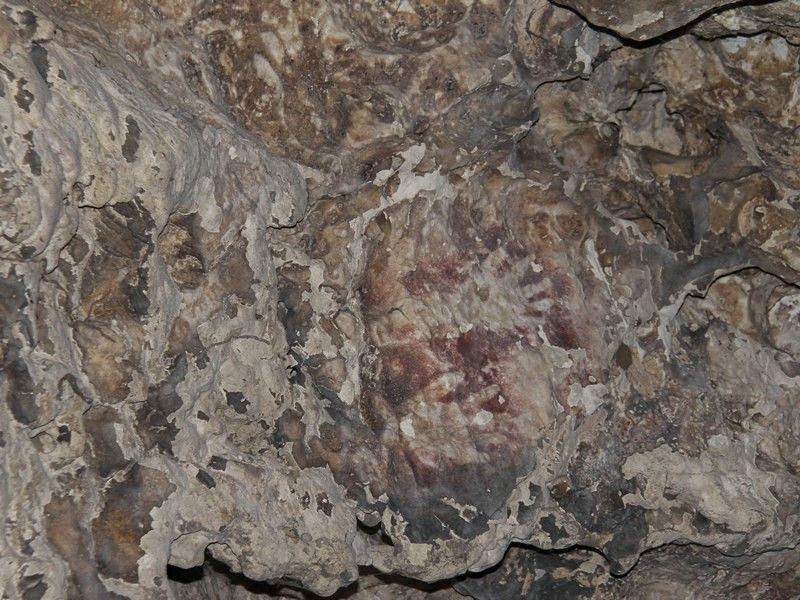
Located within the area of the Bantimurung Bulusaraung National Park, the Maros-Pangkep Karst Towers are recognized as the second largest karst area in the world after Guangzhou in the People's Republic of China. Covering a total area of 43,750 hectares the region has 286 caves with over 30 pre-historic caves. Pangkep is located just a little over an hour's drive away from Makassar, capital of South Sulawesi. According to Heri Cahyadi, Committee Chairman of ICF, the type of Karst Tower in Maros-Pangkep can be found only in Guangzhou, China and in Halong Bay, Vietnam. "The Maros-Pangkep Hills have huge potencials, since Maros Pangkep has prehistoric caves decorated with precious prehistoric drawings. These are found neither in Guangzhou nor in Halong Bay", added Heri.

The first of its kind, the International Cave Festival was officially opened on 4th October 2013 by the Regent of Pangkep, Syamsudin A.Hamid, attended by representatives from the Ministry of Tourism and Creative Economy, and local authorities. In his speech, Syamsudin stated that the event is a meaningful step towards establishing the area as a special interest tourist destination, which must be followed by concrete strategies and actions by all related stakeholders. "We need to protect these resources since these must be conserved so future generations can also enjoy them", added Syamsudin.
Meanwhile, Adi Supriyadi, the local committee of ICF reported that the event successfully brought over 200 caving enthusiasts and general adventurers from 11 provinces from all over the archipelago.
Dedi Asriadi from the Bantimurung Bulusaraung National Park expressed the support of the national park for the event. "We really support this event since it shows that there are many stakeholders that are concerned about the conservation of the area. We also have high hopes, that the event can continue to be an annual event and that the joint commitment of all stakeholders to develop the the Pangkep Karst towers can be manifested in a constructive cooperation", said Dedi.
Exploring the prehistoric caves of Pangkep
Located within and among the Maros-Pangkep Karst towers are some fascinating prehistoric caves. These caves were once dwelling places of prehistoric people who left their mark in many forms of cave drawings. There are at least 10 of these caves within the Belae Village alone.

Remnants of the prehistoric age are dominated by hand prints that are found in almost all prehistoric caves around the village of Belae. Although no official test has been conducted, it is believe that these ancient handprints date back to 3000-5000 B.C. These unique handprints are found abundantly especially at the Leang Sakapao Caves.

There are also other drawings which take the shape of wild boars, fish, human, and other indistinct shape sthat are found in Leang Buloribba, Leang Kassi, Leang Lampolo, and others. Many argue that these unique drawing may also have served religious purposes aside from being monuments of their existence.

Beside cave drawings, these prehistoric caves also have prehistoric wastes in the form of heaps of various clam shells. The clam shells that are found abundantly in most of the cave entrances and floors are believed to be remains of what the ancient people of Pangkep used to consume, which are oysters and other types of marine life.


No comments:
Post a Comment